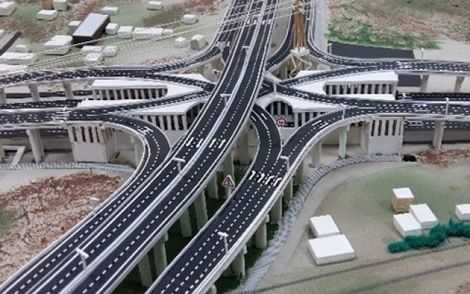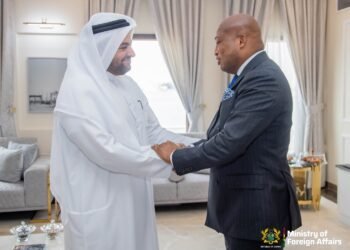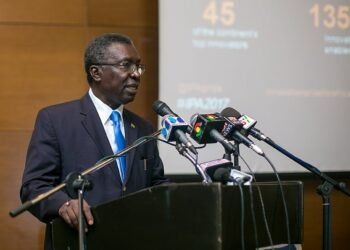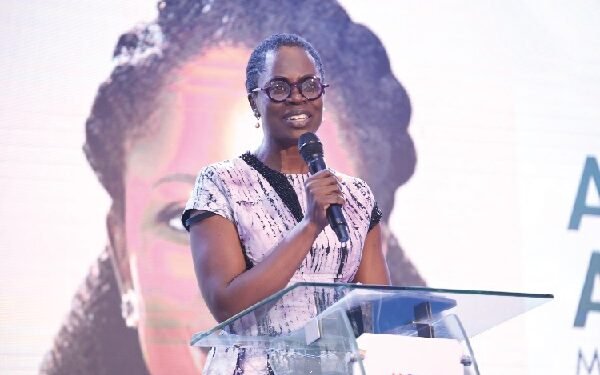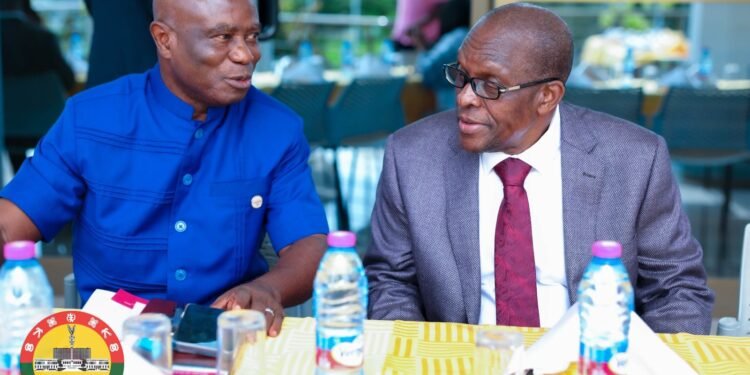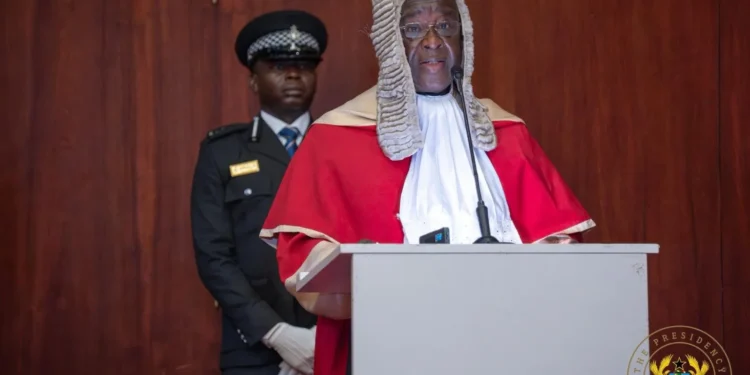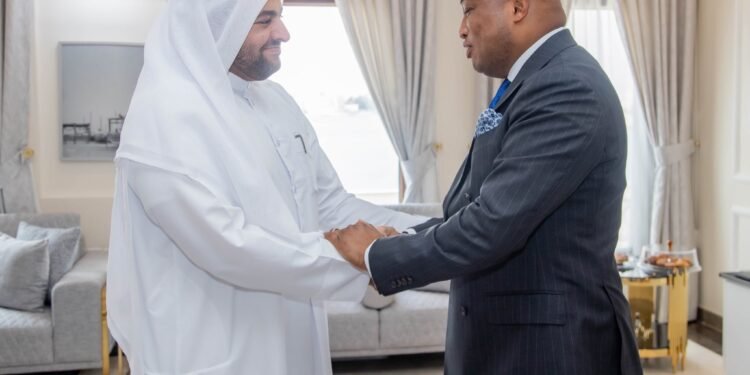According to the Vice President Dr Mahamudu Bawumia, the two-tier interchange at the Kwame Nkrumah cycle cost $260 million under the National Democratic Congress (NDC). However, the current government has constructed 4 interchanges at a total cost of $289 million dollars. According to the vice president, this is a clear indication that the projects under the NDC were bloated.
However, speaking on the PM Express program dubbed “politics of infrastructure-auditing records of NPP and NDC”, the Former Roads and Highways Minister under the John Mahama administration, Inusah Fuseini who’s tenure the interchange was constructed believed the comparison made by the vice president were out of place and represents a sheer propaganda.
Mr. Fuseini said,
“The cost of every project is determined by the scope of that project. So, if you are building a 3 bed room house at East Legon and the same or similar design at Kasoa, you don’t expect their costs to be the same. First due to locational differences, second, differences in the land values and third, the physical conditions of the land. So, there are so many factors that determines the cost of a project and I’m sure Dr. Bawumia knows this”.
According to the former Roads and Highways Minister, cycle is a marshy area which is water logged and the Odor river passes there. Therefore, 40 kilometres of tabs were sunk into the ground to raise a firm sub-structure for the bridge to stand on and the Obetsebi Lamptey overpass requires no tabs to be laid underground and therefore no such comparisons should be made.
“The cycle interchange is the only interchange in Ghana that is 3 lanes”
Fuseini
According to him as part of the total cost of the cycle interchange is a storey building that was put up for the GPRTU. The former Roads and Highways Minister indicated that he moved the motion in parliament for the construction of the Obetsebi Lamptey interchange at a total cost of 98 million dollars. The project is in two phases with the first phase estimated to cost 35 million dollars which the NDC secured funding for. The second phase was to cost 63 million dollars but the NDC did not secure funding for that phase of the project. However, the NPP government is going to construct the second phase at a cost of 87 million euros.
Who therefore has value for money? Mr Fusieni quizzed.
When questioned about whether he expected the cost of project in 2016 to be the same as that of 2020, the minister said yes because the figures were quoted in dollars and not in Ghana cedi. Therefore, even if the dollar depreciated over this period, it will not be that much to account for the differences in costs. According to him if the NPP will argue for value for money, then they must re-examine themselves.
“If you [NPP] will argue for value for money, then you have to re-examine yourselves”
The minister indicated that nothing has changed to warrant a change in the cost of the second phase of the project and the only change is that the NDC has given way to the NPP. He argued that both projects are been handled by the same contractor so why should the NPP say one has value for money and the other doesn’t.
According to him the figure quoted for the Tamale interchange as 35 million dollars was the initial price and the revised cost is 47 million dollars. Therefore, the figures quoted by the vice president were wrong. He expressed dismay as to why the NPP is quoting the old figures since the project will now be completed using the revised figures.
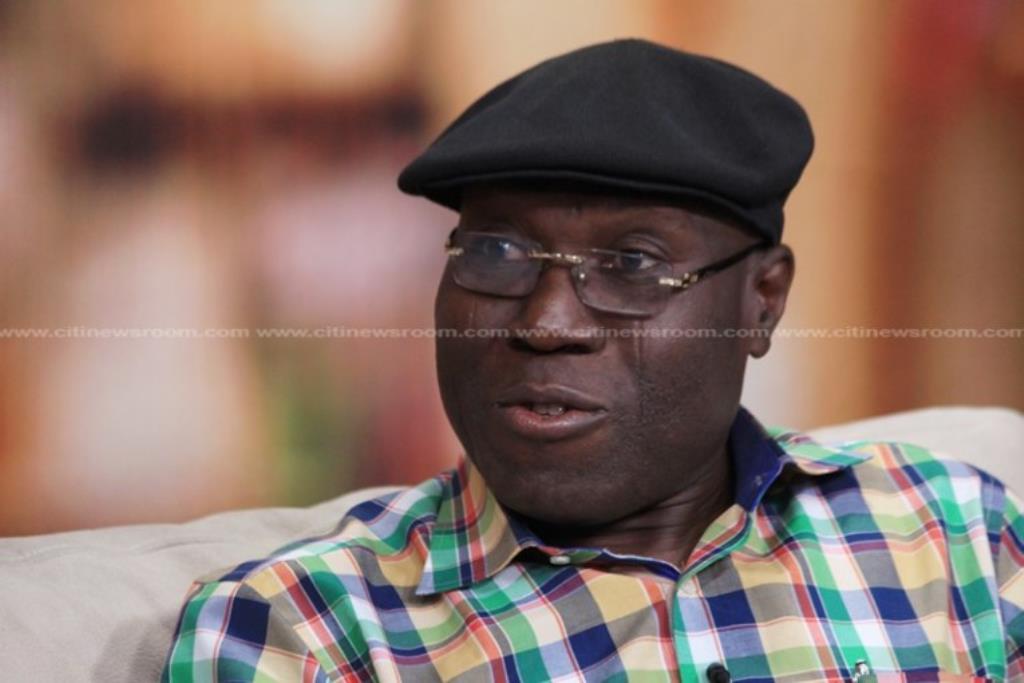
He said,
“The figures quoted by the Vice President for the Tamale interchange were wrong”
As to whether infrastructure will have a significant impact on the upcoming elections, a Senior Lecturer at the Political Science Department, University of Ghana, Dr Isaac Owusu-Mensah indicated that infrastructure is one of the most important needs of the people.
The former Minister of Roads and Highways also indicated that some of the projects listed by the NPP are not major projects because such projects were not mentioned in the Green book written by the NDC. Dr Owusu-Mensah however, disagrees with the Former minister indicating that a research they conducted in 2019 showed that road is one of the most important things the people believed will affect their choices if they were to vote at the time when the survey was conducted. The findings he said were later confirmed by afro barometer. He indicated further that it is the impact the project will have on the people that matters but not its size.
“Showing the roads that have been done and those that have not been done will go a long way in determining the choices that people will make”-Dr Owusu-Mensah.
Dr. Owusu-Mensah therefore, challenged the communities in whose names the projects have been listed against to come out and indicate whether the projects have actually been started or completed depending on how the NPP classified these projects

